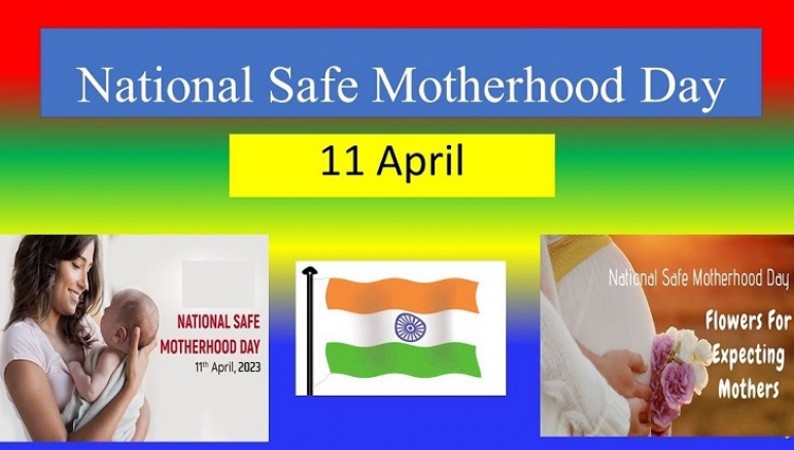
National Safe Motherhood Day, observed annually on April 11th, is a poignant occasion dedicated to raising awareness about the importance of ensuring safe and healthy pregnancies, childbirth, and postnatal care for mothers and their newborns. This day serves as a solemn reminder of the persistent challenges women face in accessing essential maternal healthcare services worldwide, while also highlighting the critical need for concerted efforts to safeguard maternal well-being and reduce preventable maternal mortality rates.
As we commemorate National Safe Motherhood Day on April 11th, it's imperative to underscore the significance of safeguarding maternal health for the well-being of both mothers and their offspring. This observance serves as a poignant reminder of the challenges women face during pregnancy, childbirth, and postpartum, while also advocating for comprehensive healthcare measures to mitigate risks and ensure safer motherhood experiences.
Maternal mortality rates have been a longstanding global concern, with millions of women succumbing to pregnancy-related complications each year. Despite considerable progress in healthcare advancements, many regions still grapple with inadequate access to essential maternal healthcare services, exacerbating the vulnerability of expectant mothers.
One of the fundamental pillars of safe motherhood is ensuring access to quality prenatal care. Regular antenatal check-ups play a pivotal role in monitoring maternal and fetal health, enabling early detection and intervention for any potential complications. By empowering women with knowledge about proper nutrition, exercise, and hygiene practices during pregnancy, we can significantly reduce the incidence of preventable health issues.
Moreover, promoting institutional deliveries under the supervision of skilled healthcare professionals is paramount. Delivering in a healthcare facility equipped with emergency obstetric care facilities substantially lowers the risk of maternal mortality compared to home births. Investing in the training of midwives and birth attendants further enhances the capacity to manage childbirth complications promptly and effectively.
National Safe Motherhood Day also underscores the importance of postnatal care in ensuring the well-being of both mother and child. Postpartum check-ups enable healthcare providers to monitor the mother's physical and emotional recovery, identify any post-delivery complications, and provide support and guidance on breastfeeding, newborn care, and family planning.
Additionally, addressing socio-economic factors such as poverty, inadequate education, and gender inequality is essential for promoting safe motherhood. Empowering women with access to education, economic opportunities, and reproductive healthcare services enables them to make informed decisions about their health and well-being, thereby breaking the cycle of intergenerational poverty and improving maternal and child health outcomes.
As we mark National Safe Motherhood Day, let us reaffirm our commitment to prioritizing maternal health as a fundamental human right. By investing in comprehensive healthcare systems, promoting education and gender equality, and fostering supportive communities, we can ensure that every mother receives the care and support she deserves, paving the way for a healthier and brighter future for generations to come.
Here are 10 quotes to commemorate National Safe Motherhood Day: